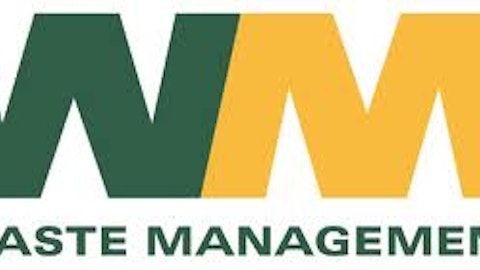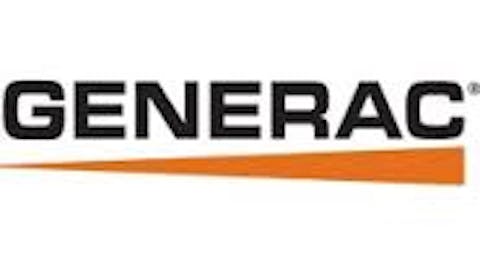WestPort Innovations Inc. (USA) (NASDAQ:WPRT) was an offshoot of a University of British Columbia Mechanical Engineering Department project to seek and create improvements of natural gas combustion in engines. The result of this study formed the basic theoretical knowledge on which the technology of WestPort HD was founded on and has blossomed over the years.

The company came to fore in the field of natural gas combustion engines when it forged a partnership with Cummins Inc. (NYSE:CMI) for development and manufacturing of compressed natural gas products, such as engines and other machinery. The timing could not have been more apt as the clamor for ‘cleaner’ and ‘greener’ fuels and machines have grown in the last decade or so. The partnership has moved forward in providing significant improvements, as well as refinements from the original UBC program HPDI technologies as applied to real world heavy-duty situations.
Other partnerships have been formed by Cummins-WestPort collaboration not just in the United States but throughout the world. These include entering into joint venture agreements with Beijing Tianhai Industy Co to develop natural gas tank technology for the transportation industry in China. The technology has also become very specific, with Westport joining forces with Weichai Power Co the largest sturdy engine manufacturer in China, and Hong Kong’s Peterson Equipment. This tripartite venture established in 2008 focuses on the development, production, marketing, and sale of advanced fuel engines that utilize WestPort HD technology to utilize alternative fuels such as compressed natural gas.
Expanding the Engine Supply Scope
This technology is not just for durable trucks, power generators, and maritime applications; it has also ventured into the luxury car market. AB Volvo had entered into an agreement with WestPort to develop the Volvo PowerTrain to utilize the Westport HD natural gas fuel systems for Volvo applications in its commercial endeavors. This can be achieved after WestPort purchased Alternative Fuel Vehicle Sweden AB of Gothernburg, Sweden. This makes WestPort at the forefront of supplying all the natural gas fuel needs of the Volvo Car Company.
The first product of this partnership between Volvo and WestPort would be the bi-fuel 2.5-liter 231 turbocharged version of the V70 Wagon, utilizing the compressed natural gas fuel system designed and manufactured by AFV. This was made possible through the technologies provided by WestPort Innovations Inc. (USA) (NASDAQ:WPRT). and progress is now being undertaken to answer the growing needs of 1.4 million natural gas powered vehicles currently on European roads.
According to David Demers, CEO of WestPort Innovations, “High energy efficiency and low emissions of greenhouse gases are a key focus for our strategic development efforts as natural gas and its renewable fuels counterpart, biogas quickly become the mainstream alternative fuel choice for heavy-duty engines. We are excited to be working together with a global leader who recognizes the importance of both performance and environmental stewardship”.
The Future for WestPort
One of the latest moves of WestPort was the acquisition of shares of Emer S.p.A. Brescia of Italy for a total of US$39.6 million, consisting of shares of stocks and cash plus assumption of indebtedness. This was first speculated as a takeover bid causing share prices to initially jump. Eventually, the expansion was seen as WestPort’s opportunity to expand into the Western European market.
WestPort’s business also comes in ominous times as the upsurge for ‘cleaner’ and ‘greener’ fuels have become the rallying cry for both the private and public sector. The WestPort HD technology sought to remove the emission of dangerous nitrogen oxides as well as particulate matter when fuel burns without sacrificing and even improving the engine performance, fuel efficiency, performance durability, and overall reliability of engines utilizing compressed natural gas.





